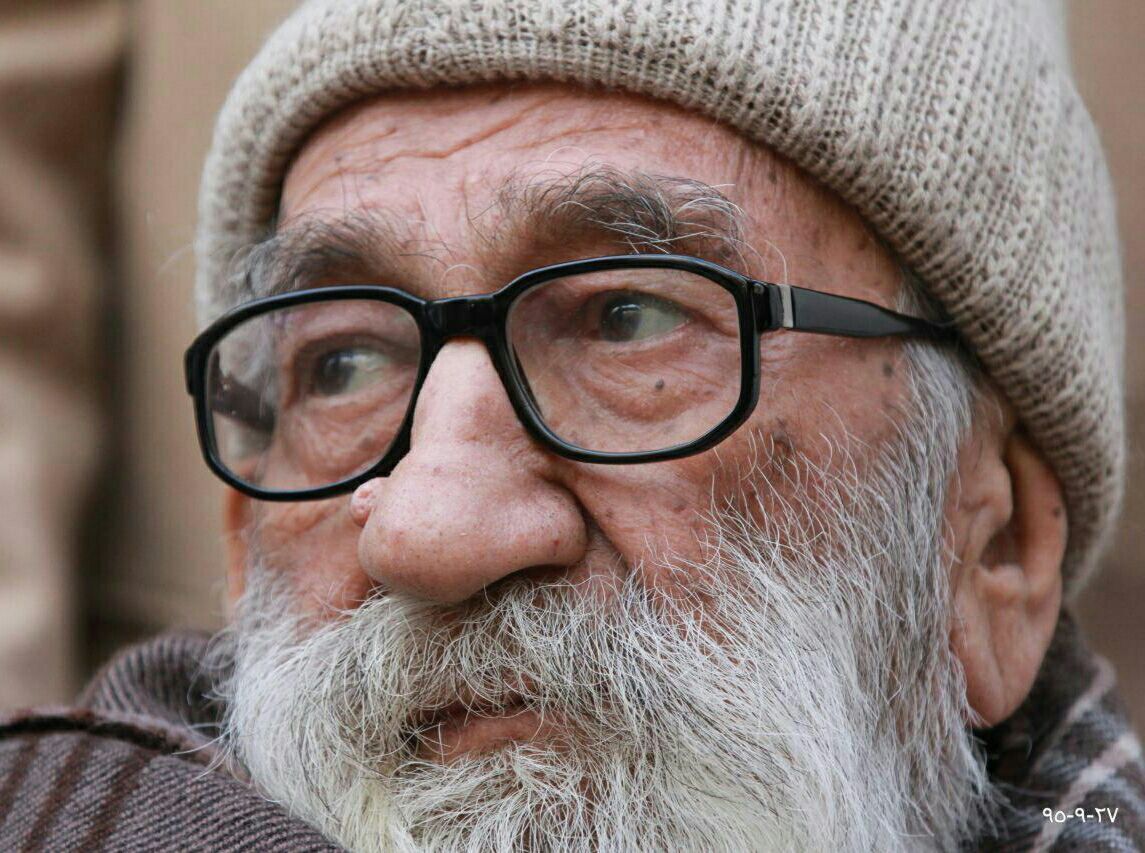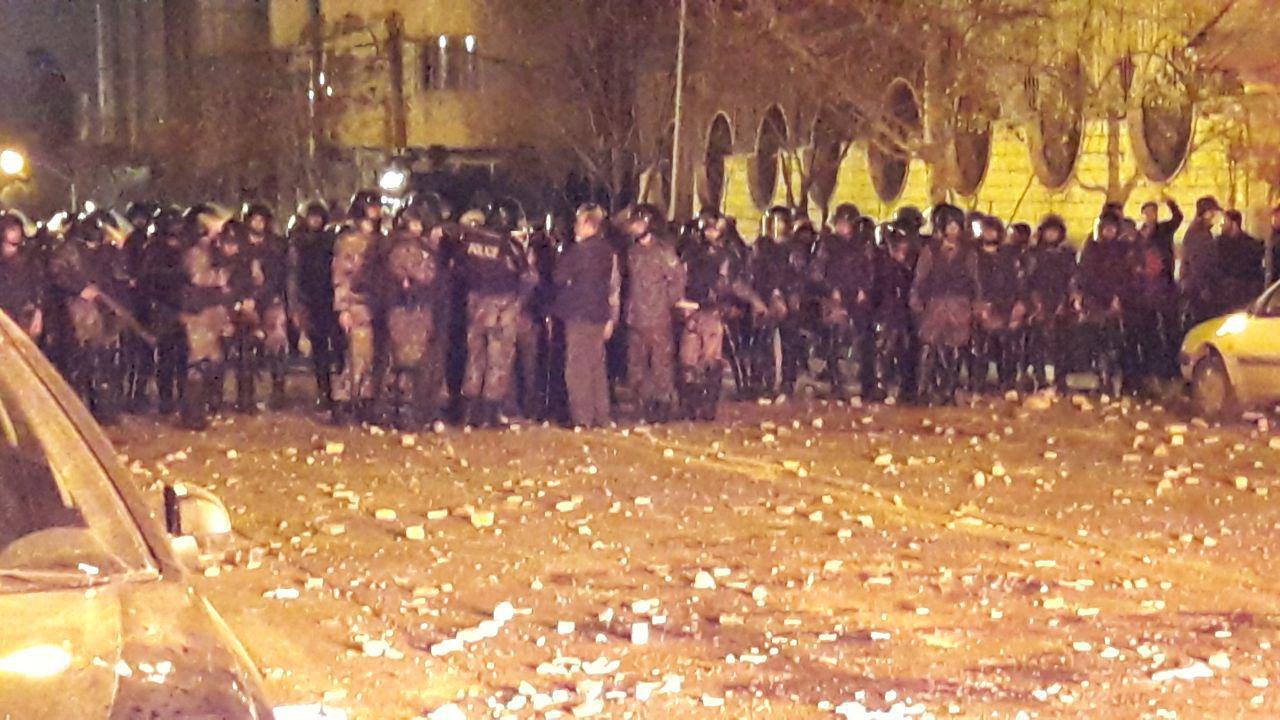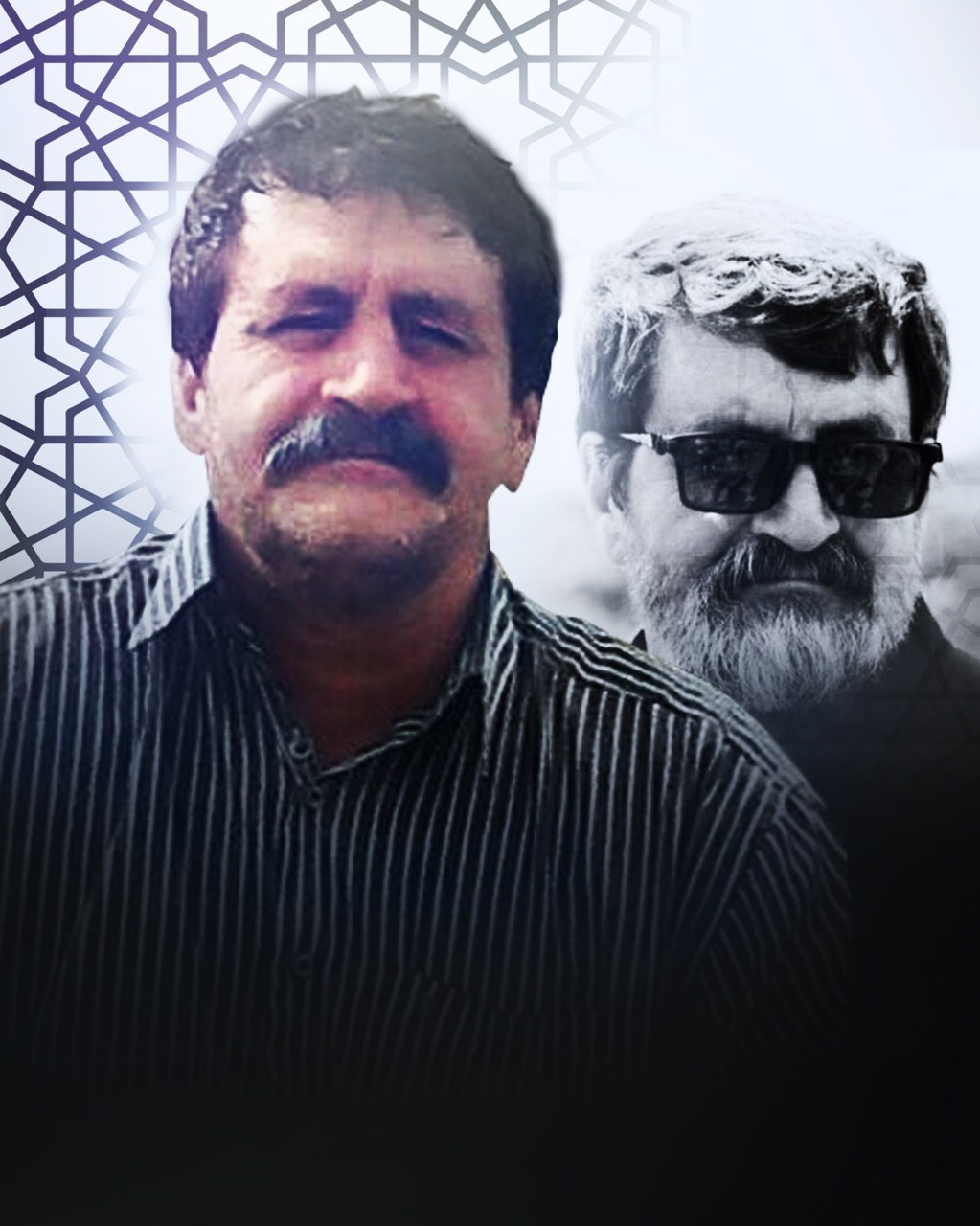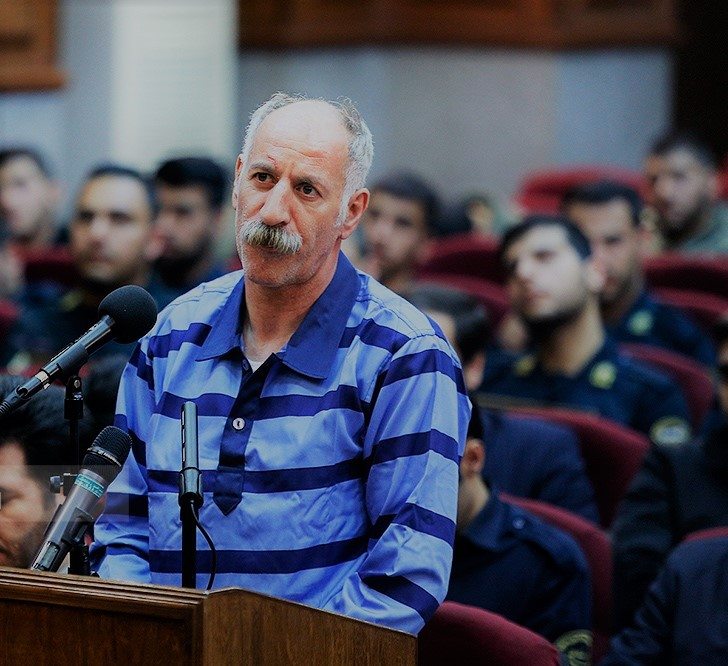“Death to the Sufi”
FAZ – In Iran, even communities of Islamic faith are being fought against – especially the Gonabadi order – by Rainer Hermann
Frankfurt, 3. April. In fact, Iran is an Islamic Republic but that does not imply that each form of Islamic denomination is being tolerated. Christians and even Jews can apply their faith if they stick to a severely restricted frame; this is not at all possible for followers of religious denominations that have evolved from Shiite Islam like the Baha’is. Baha’is are subject to discrimination in daily life, many followers have served sentences or are still imprisoned.
Conflicts with Dervishes of the Gonabadi Order show that even a religious faith which is in the frame and tradition of the Twelver Shia Islam – the state religion in Iran – is not safe from persecutions. This lay Order does not accept any political form of Islam or political theocracy. In Iran, the state ideology is based on ideas formulated by the revolutionary leader of 1979, Ayatollah Khomeini. Khomeini postulated with his political state idea of “Velayat-e faghi”, that the most capable Islamic Jurist should be leader of the state. Moreover, the Gonabadi Sufi are dedicated to non-violence, humbleness and modesty. They repudiate the legalistic approach of orthodox Islamic theology. Instead, Sufis practice a mystical path towards encountering Allah.
These aspects attract the suspicious and ruthless scrutiny of the power broker. In 1981, the spiritual center of the Order in Teheran was set ablaze and completely destroyed. Afterwards the Order that is said to have a few Million followers in Iran, had been left in peace. Again, in the time of president Ahmadinejad (from 2005 – 2013) a new wave of persecutions started. Many gathering places of the Gonabadi Dervishes were flattened to the ground. Thousands of members were imprisoned, hundreds of them were seriously wounded in attacks of the paramilitary Basiji forces who were chanting “death to Sufis” while assaulting women, children and men of the Order. Recently the persecutions have been increased.
Conflicts started on January, 4th 2018, in Teheran’s Pasdaran quarter, when a group of Dervishes gathered in front of the house of their spiritual master and head of the Gonabadi Order, Nour Ali Tabandeh.

Noorali Tabandeh
They gathered in order to prevent agents to set up a control post in front of their master’s house, from where the agents had intended to control all movements of the 90-year-old Tabandeh, a jurist who had once studied in France. One month later, on February 4th there was a clash between plain clothes agents and followers of the Order in front of the house.

Police crackdown against Sufis
On February, 19th the conflict escalated. Police jailed two members of the order who according to some Dervishes had brought the theft of a car in the quarter around Tabandeh’s house to the attention of the police. Police freed one of them but kept the other one, 70-year-old Nematollah Riahi, for further questioning while accusing him of stealing the car himself. Next day Dervishes came in front of the police station and organized a sit-in, when riot police appeared and started to beat them heavily. More than 20 members of the order were seriously wounded, more than 300 jailed.

Mohammad Raji
One of the jailed Dervishes, Mohammad Raji, died in prison allegedly in the course of torture. Raji had served during the war with Iraq between 1980 and 1988 as a commander in the ranks of the Pasdaran. He was buried in the middle of the night, excluding the public.
The violence increased when a bus hit three policemen and killed them. Moreover, a member of the paramilitary Bassiji forces, Mohammad Haddadian, was killed. The Supreme Leader went for a visit of condolence to the family of Haddadian and by that put more weight to the conflict then it had before. On February 20th, the official TV showed a video of Mohammad Salas, a member of the Gonabadi Order, where he confessed to the driving of the bus. A Teheran court sentenced him on March 20th, to death.

Mohammad Salas
The Gonabadi Order dissents with this accusation of the authorities that Mohammad Salas was the driver of the bus and has killed the three police men. They point to a message on twitter that had been posted hours before the bus came into action where his arrest had been posted already. In the video clip that was presented by the official state TV one can clearly see the face of Salas who rather looks maltreated and doesn’t bear signs of wounds from gunfire. On the other hand, there are clips of the bus that is been taken under heavy gunfire. Therefore, the Bassiji trooper Haddadian who has been killed by gunfire could have been the real driver of the bus.
The conflict around the Gonabadi Order led to tensions between pragmatists of the Islamic Republic and the revolutionary hardliner. Ali Younesi, who is a high-ranking advisor of Mr Rohani concerning ethnic and religious minorities, has condemned the attacks against the order. He described the conflict as a disaster and held “fanatics” as the responsible ones. Those “fanatics” would even bear responsibility for the fact that followers of the order are not allowed to study at universities. Younesi wrote in a statement that those mullahs who have concerns about the influence of the Dervishes on the society would thereby show their weakness and deficit to convince people of their own views. Therefore, they would provoke Dervishes to react violently.
The first hardliner who spoke about the Dervishes related to this event was the Friday prayer Imam from Mashhad, Ayatollah Ahmad Alamolhoda. He claimed on February 23rd the Dervishes “are a deviated sect” that is being steered from UK and must be expelled from Iran. One day later the two influential Ayatollahs Nuri Hammedani and Makarem Shirazi demanded the extinction of the Order. On February 25th, the Friday prayer Imam Kazem Sediqqi increased the demands by asking that the arms and legs of the Sufis should be amputated and afterwards they should be shot. In consequence, the Bassiji organized street demonstrations setting up comparisons of the Order with Daesh.
Even politicians embark on this chivvy. Member of Parliament Hassan Nowrouzi predicated the Order would be in service of the UK and the US and should be punished severely.
Police and Basiji forces have shut down the spiritual and welfare centers of the Order. The headmaster of the Order, Mr Tabandeh, lives under house arrest without contact to the outside world. The Islamic Republic under Rohani may fight against this situation. But once more the Revolutionary Gards obviously have more pull.
 Shabtabnews In this dark night, I have lost my way – Arise from a corner, oh you the star of guidance.
Shabtabnews In this dark night, I have lost my way – Arise from a corner, oh you the star of guidance.



